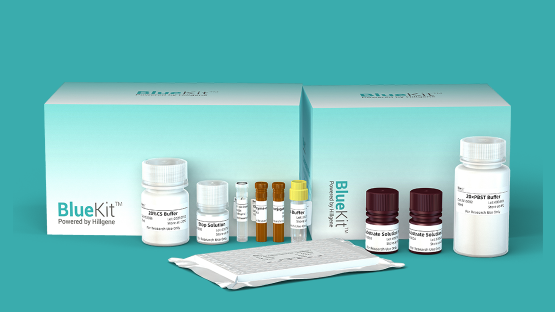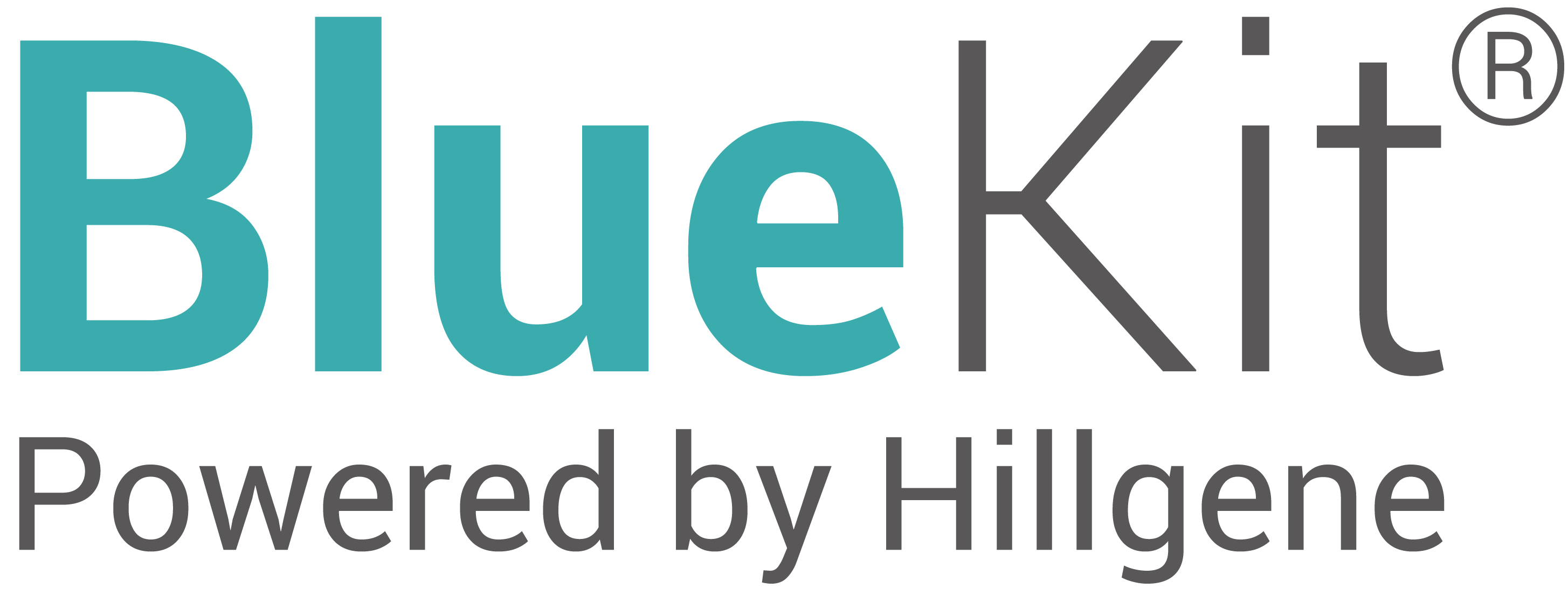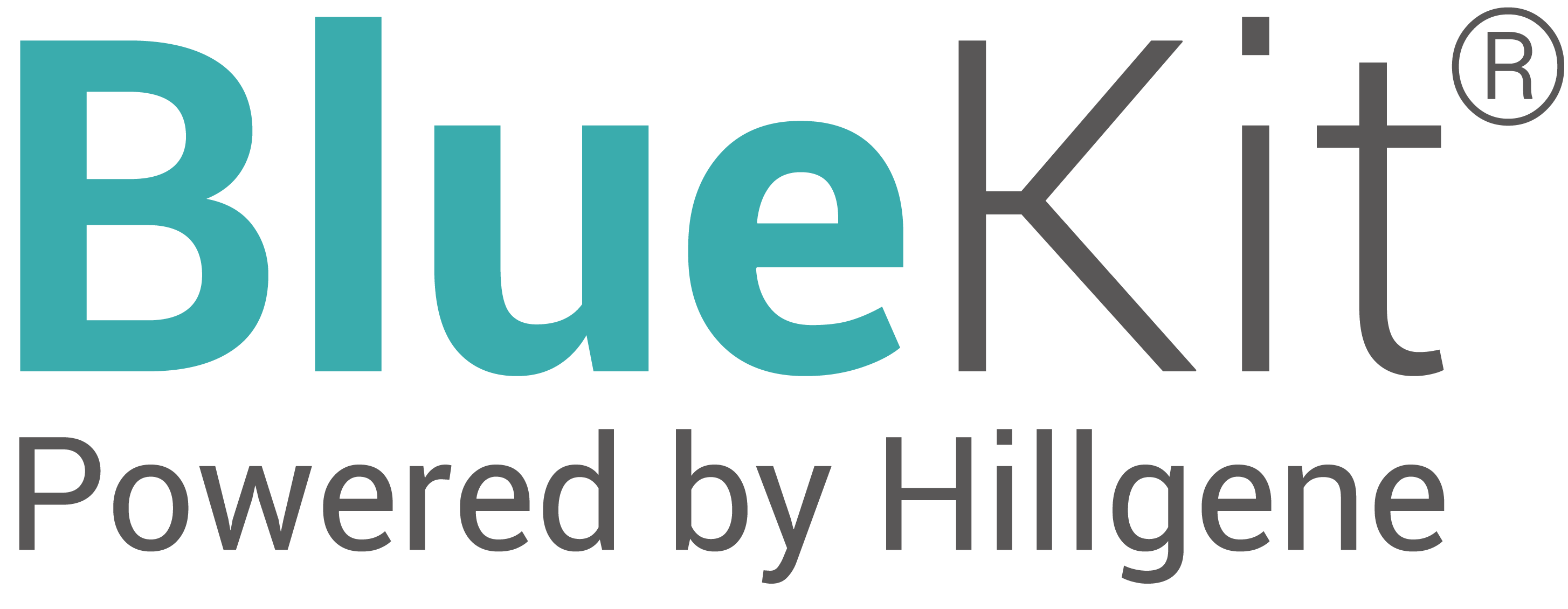Introduction to Benzonase Nuclease
Benzonase Nuclease is an enzyme that is essential in the field of molecular biology due to its ability to efficiently degrade both DNA and RNA, irrespective of their form. Derived from the bacterium Serratia marcescens, Benzonase is a broad-spectrum endonuclease characterized by its remarkable stability and versatility, making it a vital tool for numerous biological applications. Its application spans across various domains, including biopharmaceutical production, cell therapy, and protein purification.
Molecular Structure and Composition of Benzonase
Structural Overview
Benzonase is a non-glycosylated protein consisting of a single polypeptide chain composed of 245 amino acids, with a molecular mass of 30 kDa. It possesses two essential disulfide bonds that contribute to its stability. Structurally, Benzonase belongs to the family of non-restrictive endonucleases, allowing it to cleave phosphodiester bonds within nucleic acids efficiently.
Chemical Composition and Stability
Benzonase is highly stable and active under a wide range of conditions, including 6 M urea, 0.1 M Guanidine HCl, 0.4% Triton X100, 0.1% SDS, 1 mM EDTA, and 1 mM PMSF. This stability across diverse conditions underscores its suitability for various research and industrial applications.
Mechanism of Action
Enzymatic Activity
Benzonase operates by cleaving the phosphodiester bonds in nucleic acid backbones, resulting in the formation of 5’-monophosphate oligonucleotides ranging from 3 to 8 bases. The enzyme's action is sequence-independent, enabling it to degrade both single-stranded and double-stranded nucleic acids effectively.
Reaction Parameters
The standard reaction conditions for Benzonase involve a substrate concentration of 1 mg/ml sonicated DNA in 50mM Tris-HCl pH 8.0, with 0.1 mg/ml BSA and 1 mM MgCl2, incubated at 37°C. Under these conditions, 1 Unit of Benzonase is defined as the amount that causes a ΔA260 of 1 in 30 minutes, indicating the complete digestion of 37 μg DNA.
Applications in Protein Purification
Removal of Nucleic Acid Contaminants
During the purification of proteins, nucleic acid contaminants can interfere with the process, leading to reduced purity and yield. Benzonase is employed to eliminate these contaminants, ensuring the production of high-purity protein samples.
Improving Downstream Processing
By removing residual nucleic acids, Benzonase enhances the efficiency of downstream processes such as chromatography, leading to better separation and purification outcomes. This allows researchers to buy high-quality protein samples for further study or application.
Role in Reducing Viscosity in Cell Lysates
Challenges in Cell Lysis
Cell lysis releases nucleic acids that can significantly increase the viscosity of lysates, hindering further processing steps. This poses a challenge in research protocols that require efficient lysate handling and processing.
Viscosity Reduction Benefits
Benzonase, when added to cell lysates, degrades the nucleic acids responsible for increased viscosity. This improves the flow properties of the lysate, facilitating filtration and enhancing separation efficiency during ultrafiltration and chromatography processes. Researchers can thus achieve higher protein yields and purer samples for analysis.
Use in Biopharmaceuticals
Ensuring Product Safety and Efficacy
In biopharmaceuticals, especially vaccines and other therapeutic proteins, nucleic acid contamination can pose safety risks and affect product efficacy. Regulatory bodies mandate stringent control of nucleic acid levels to ensure product safety.
Regulatory Compliance and Enhancements
By effectively degrading nucleic acids, Benzonase aids in meeting regulatory requirements. This enzymatic treatment reduces the risk of nucleic acid-induced immunogenicity, ultimately enhancing the biological efficacy of biopharmaceutical products and ensuring safer therapies.
Enhancing Biochemical Analysis Techniques
Improving Analytical Accuracy
Nucleic acids in protein samples can impede the accuracy of biochemical analyses like ELISA and chromatography. Benzonase treatment can significantly improve resolution and reduce background noise, leading to more precise results.
Maximizing Protein Recovery
The enzymatic degradation of nucleic acids with Benzonase also enhances the recovery of target proteins, thereby optimizing the efficiency of downstream analytical procedures and contributing to reliable data in biochemical research.
Comparison with Other Nucleases
Benzonase vs. DNase
While both Benzonase and DNase enzymes cleave nucleic acids, Benzonase has the unique ability to degrade both DNA and RNA, whereas DNase is specific to double-stranded DNA. This makes Benzonase a more versatile tool for various molecular biology applications.
Choosing the Right Nuclease
Researchers and suppliers must consider substrate specificity and desired outcomes when choosing between Benzonase and other nucleases. Benzonase's broad-spectrum activity offers advantages in applications requiring the removal of both DNA and RNA.
Stability and Activity Conditions
Optimal Conditions for Use
Benzonase exhibits stability over a broad range of conditions, making it suitable for various experimental setups. Optimal enzymatic activity is noted at physiological temperatures and neutral pH, with the presence of divalent metal ions like Mg2+ enhancing its function.
Temperature and pH Influence
The enzyme remains effective in varied conditions, thus providing flexibility in experimental design and execution. This adaptability makes Benzonase an invaluable tool for researchers aiming to maintain consistent experimental results.
Future Directions and Research
Expanding Applications in Cell Therapy
As the field of cell therapy expands, the use of Benzonase is poised to grow, particularly in applications requiring the removal of nucleic acids to improve product purity and efficacy. Continuous research and development will likely uncover new uses and improvements in the field.
Innovative Enzyme Engineering
Ongoing advancements in enzyme engineering may lead to the development of Benzonase variants with enhanced characteristics, such as increased stability or activity under challenging conditions, further broadening its applications.
BlueKit Provide Solutions
BlueKit offers comprehensive solutions for researchers and biopharmaceutical entities working with Benzonase. From supplying high-quality Benzonase enzyme to providing expert advice on its application in protein purification and cell therapy, BlueKit is dedicated to supporting scientific advancements. Their solutions ensure optimal results, promoting safer and more effective research and product development.

Post time: 2025-08-16 17:58:04











